EU roaming fees to be eliminated for Albania and Montenegro
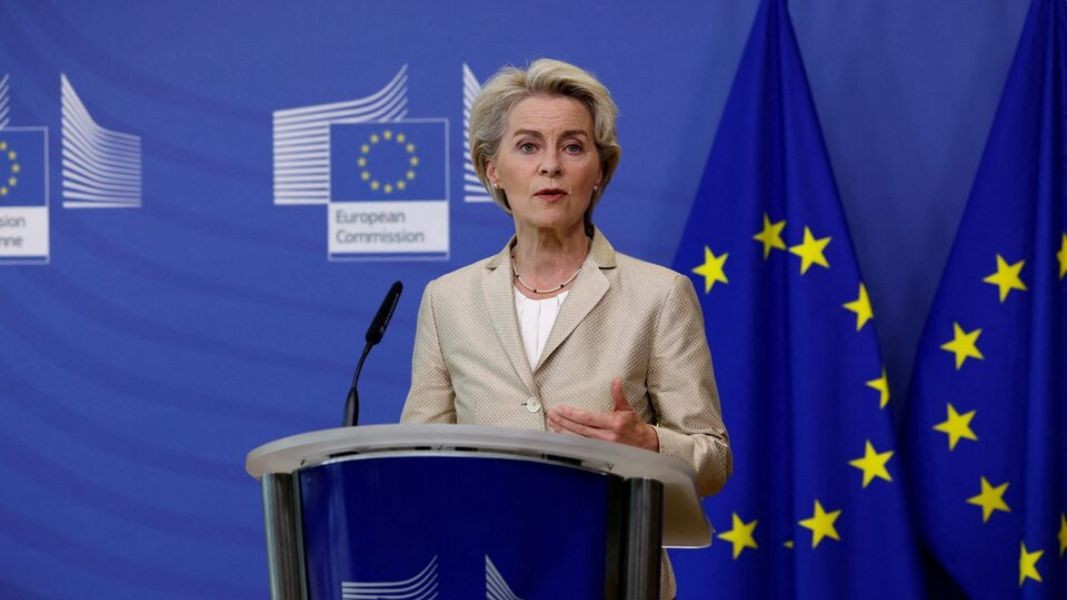
Roaming charges between Albania and the EU will be completely eliminated in 2026, European Commission President Ursula von der Leyen said during her visit to Tirana on October 13. "We reached an agreement with the operators in 2023 and next year we will eliminate all roaming charges between Albania and the EU," von der Leyen said at a press conference with Albanian Prime Minister Edi Rama. "Your goal is to close negotiations by 2027. This is ambitious, but we like ambitions, and let me assure you, we will be with you in every single step of that way," von der Leyen said, BTA reports.
"Montenegro's goal of joining the EU is within reach," von der Leyen said in Podgorica on October 14 during her tour of the Western Balkans, adding that roaming fees between Montenegro and the EU will also be eliminated in 2026.
More Croats live abroad than in their historical homeland
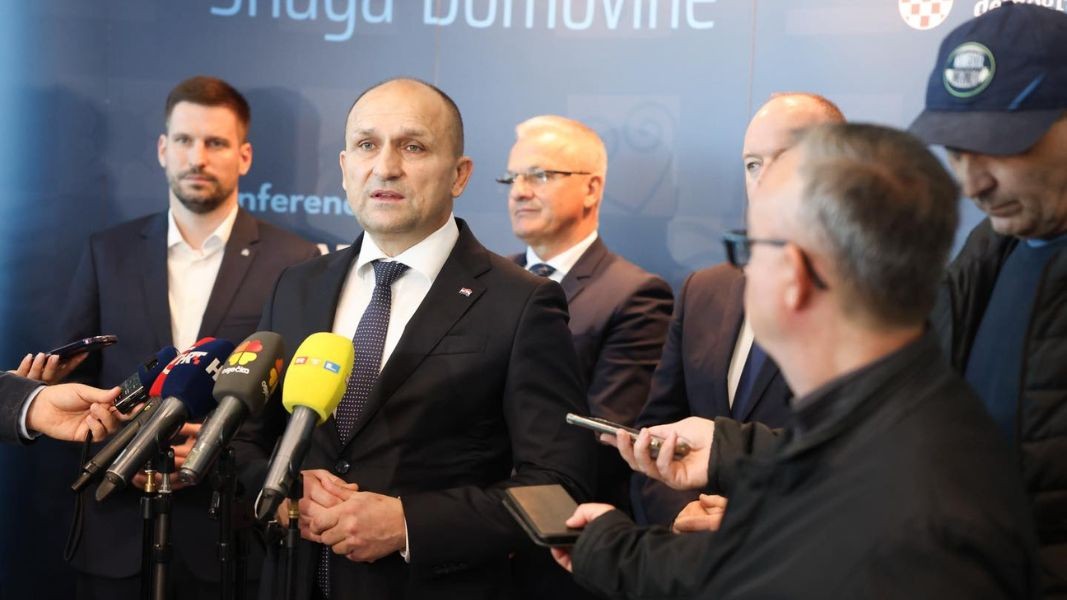
For the first time in history, more Croats live abroad than in Croatia. This was what Deputy Prime Minister Ivan Anušić said at the conference "Croatian Immigration and Economic Development: Peculiarities and Opportunities" in Osijek, jutarnji.hr writes. The minister pointed out that about 3.8 million Croats live in Croatia, while 5 million are abroad.
Minister of Demography and Immigration Ivan Šipić told HRT that for the first time in years there is a trend of increased return of emigrants and their descendants. Statistics show that more people are returning than leaving. Šipić acknowledged that administrative and procedural obstacles still deter some of those wishing to return, but added that the obstacles would be removed. He presented a new program with a budget of 30 million euros to stimulate settlement in the depopulated regions of Dalmatian Zagora, Lika and Slavonia.
The working day in Greece can now last up to 13 hours
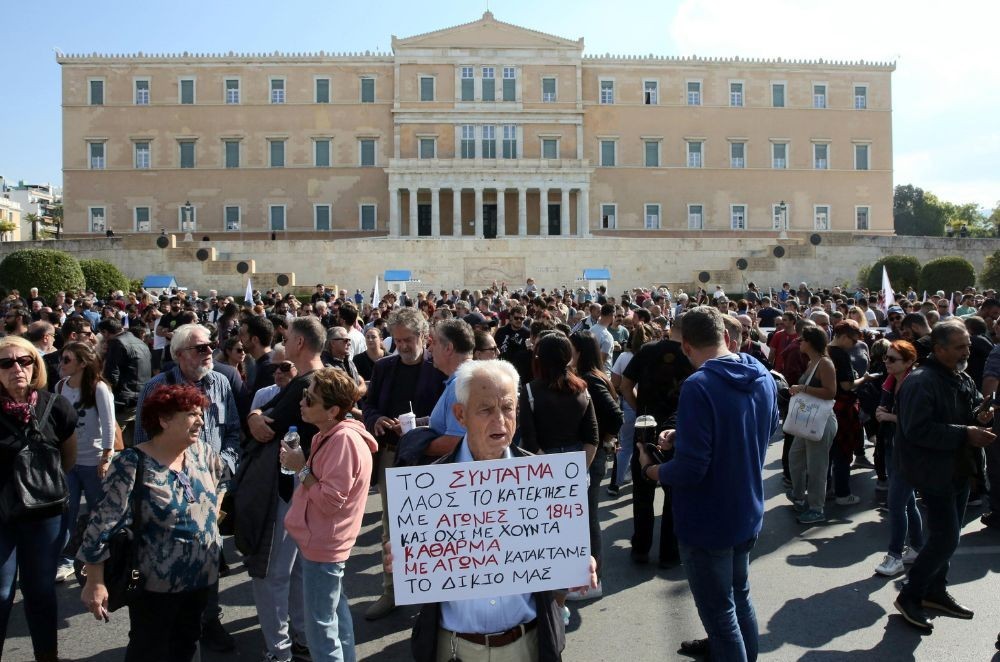
The Greek parliament has adopted a reform that allows for a temporary 13-hour working day in specific circumstances. The bill, proposed by the conservative government, has faced sharp criticism from trade unions and the opposition. In October, unions organized two nationwide strikes, with thousands of workers protesting against the bill. According to the leftist Syriza party, the law is "worthy of the Middle Ages." The government says that the 13-hour workday will be entirely voluntary, will only apply in the private sector and will not exceed 37 days a year, BGNES reports. The new regulations allow employers greater flexibility in short-term hiring.
According to Eurostat, Greece is the country with the highest share of employees who work more than 45 hours a week.
Northern Cyprus to hold elections for president
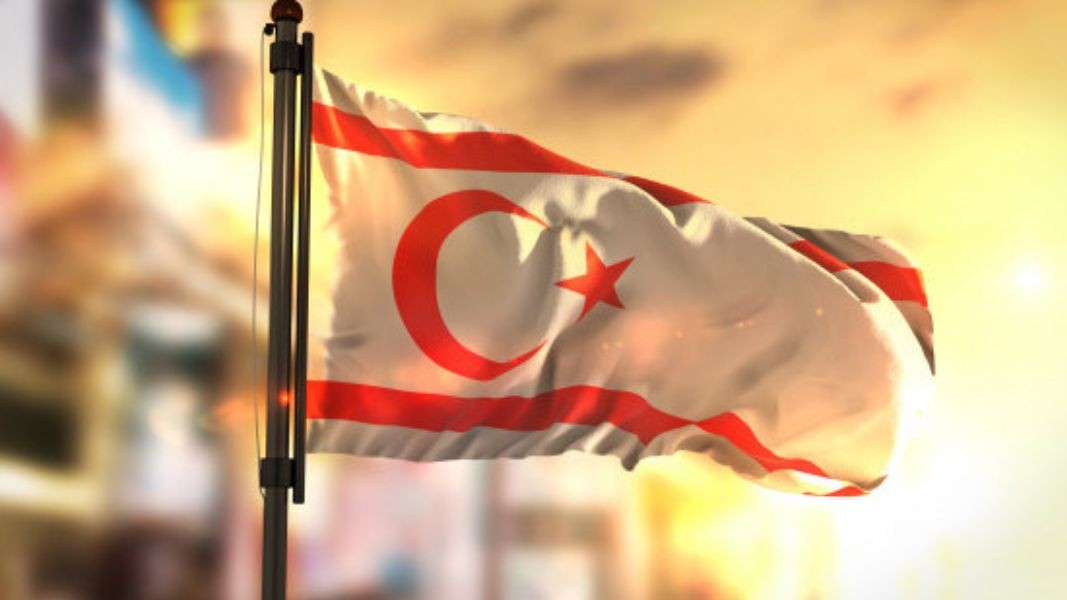
Turkish-occupied northern Cyprus will elect a president of the state that is recognized only by Ankara. The elections are being followed with great interest because the result will outline whether it is possible to revive negotiations to resolve the half-century-old Cyprus issue after an 8-year standstill, ANA-MPA agency reports.
On October 19, the main clash will be between the current president Ersin Tatar and the leader of the Republican Turkish Party, Tufan Erhürman. Tatar insists on the creation of two states and rejects any federal model, while Erhürman’s platform is more nuanced. He speaks of "two equal peoples" who are "founding partners of the island."
According to a poll by Public Global, Tatar leads with 51.2 percent against 47.9 percent for Erhürman.
Exhibition of Ottoman loanwords in foreign languages opens in Istanbul
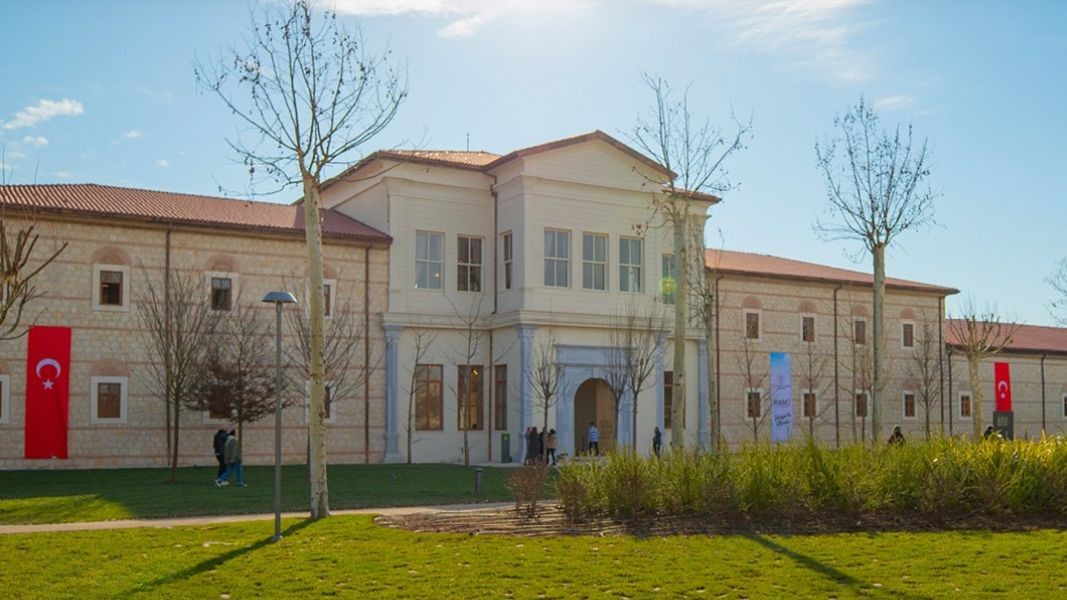
Popular Turkish words used in other languages, including Bulgarian, are attracting attention in an exhibition organized at the Rami Library in Istanbul. The exhibition is titled "Verinti," which translates as "a word given from one language to another." The exhibition includes Turkish words used in about 20 languages, the Anadolu Ajansı reports.
Each language is presented in the exhibition with a separate transparent box with popular Turkish words used in the respective language. It is interesting that many of the Turkish loanwords in the languages of the Balkan peoples are mainly culinary concepts. "Moussaka" and "baklava" are just some of the words still used today in Balkan languages such as Romanian, Bulgarian and Greek. The word "merak" is also often used in foreign languages.
Compiled by: Ivo Ivanov
Publication in English: Al. Markov
Photos: Reuters, Facebook /Ivan Anušić, BGNES , Freepik, ramikutuphanesi.gov.tr
Movement for Rights and Freedoms - New Beginning Leader Delyan Peevski spoke with Prime Minister Rosen Zhelyazkov on Monday, the party's press centre reported. "I reaffirmed my position of full support for the government as long as it works for the..
Bulgaria’s Parliament failed to hold a session for the third consecutive day due to a lack of quorum. As a result, the scheduled parliamentary control, usually held every Friday, was also cancelled. Only 29 MPs from We Continue the Change –..
Bulgaria’s Parliament failed to hold a session on October 15. "The next session is tomorrow at 9 a.m.", announced National Assembly Speaker Natalia Kiselova. Only 61 MPs registered for attendance during the first and only attempt to open the..

+359 2 9336 661
